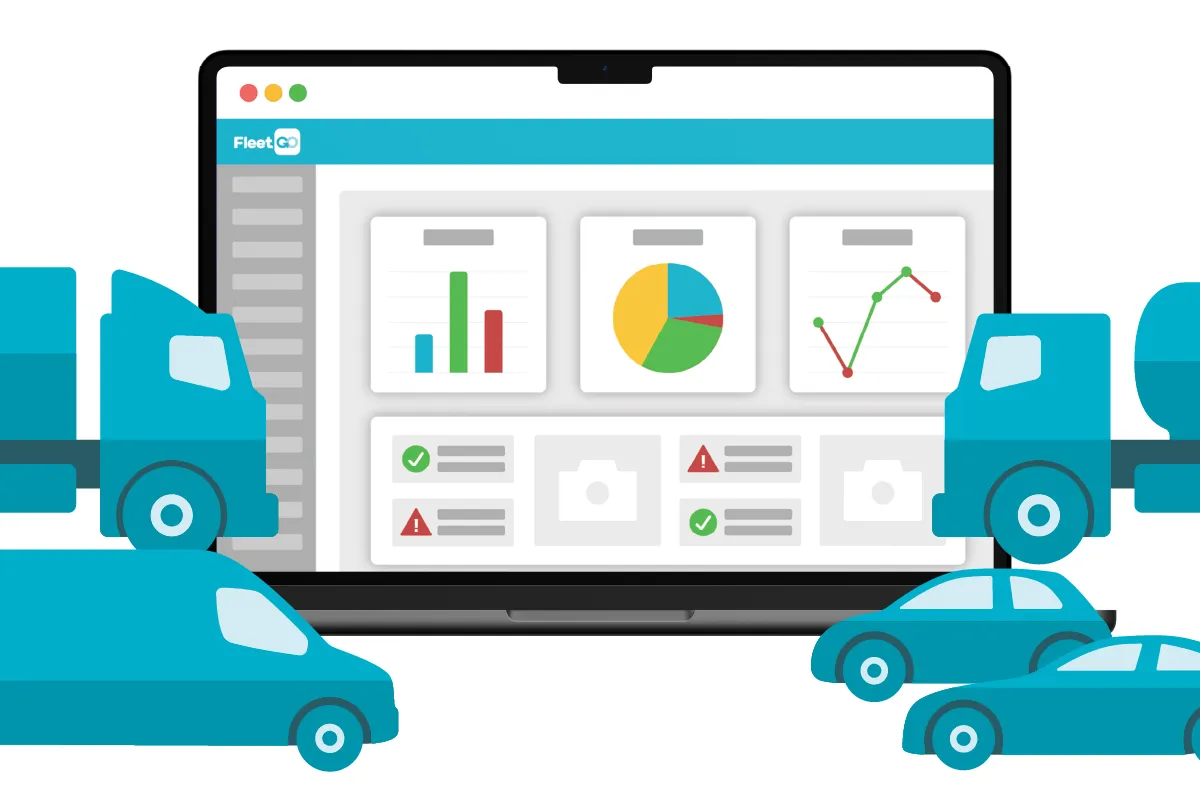Whether you own a single trailer or manage a fleet of trailers, keeping track of their whereabouts is essential for security and efficiency. GPS trackers can provide real-time location data, help prevent theft, and optimize fleet management. If you are new to trailer tracking and GPS technology, this beginner's guide will walk you through the basics of GPS trackers and how they can benefit your trailer operations.
What is a GPS Tracker?
A GPS tracker is a device that uses the Global Positioning System (GPS) to determine the precise location of a vehicle, person, or asset. In the context of trailers, GPS trackers are attached to the trailer and transmit location data to a centralized server using cellular or satellite networks. This data can then be accessed through a web-based platform or mobile app, providing real-time insights into the trailer's movements.
How GPS Trackers Work
GPS trackers rely on a network of satellites orbiting the Earth to accurately pinpoint the location of a device. The tracker receives signals from multiple satellites to triangulate its position, allowing it to determine its latitude, longitude, and altitude. This information is then transmitted to the server, where it is processed and made available for users to view.
- GPS trackers use cellular or satellite networks to transmit data.
- They require a clear line of sight to multiple satellites for accurate positioning.
- Some GPS trackers also come with additional features such as geofencing and alerts.
Benefits of Using GPS Trackers for Trailers
GPS trackers offer a range of benefits for trailer owners and managers, including improved security, operational efficiency, and asset utilization. Here are some of the key advantages of using GPS trackers for trailers:
Enhanced Security
- Real-time tracking helps monitor the location of trailers, reducing the risk of theft.
- Geofencing allows you to set virtual boundaries and receive alerts if the trailer moves outside the designated area.
- In the event of theft, GPS trackers can help authorities recover the stolen trailer quickly.
Operational Efficiency
- Optimize route planning and scheduling by tracking the movement of trailers in real-time.
- Monitor idle time and unauthorized stops to improve driver efficiency.
- Receive maintenance alerts to schedule timely servicing and prevent breakdowns.
Asset Utilization
- Maximize trailer utilization by tracking and managing the availability of trailers.
- Identify underutilized trailers and redistribute them to meet demand more effectively.
- Reduce rental costs by better managing the use of rented trailers.
Types of GPS Trackers for Trailers
There are different types of GPS trackers available for trailers, each with its own features and capabilities. When choosing a GPS tracker for your trailers, consider factors such as battery life, tracking frequency, and communication technology. Here are some common types of GPS trackers for trailers:
Hardwired GPS Trackers
- Connected directly to the trailer's power source for continuous tracking.
- Provide real-time location updates and are tamper-proof.
- Suitable for long-term tracking and fleet management.
Battery-Powered GPS Trackers
- Use internal batteries for power, making them portable and easy to install.
- Offer flexibility in tracking different trailers or assets.
- May have limited battery life and require periodic recharging or battery replacement.
Plug-and-Play GPS Trackers
- Plug into the OBD-II port of a vehicle or trailer for instant tracking.
- Easy to install and transfer between vehicles or trailers.
- Provide real-time data on vehicle diagnostics in addition to location tracking.
Choosing the Right GPS Tracker for Your Trailers
When selecting a GPS tracker for your trailers, it's essential to consider your specific needs and requirements. Here are some factors to keep in mind when choosing a GPS tracker:
Functionality
- Determine the features you need, such as real-time tracking, geofencing, or maintenance alerts.
- Consider whether you require additional functionalities like temperature monitoring or driver behavior analysis.
Battery Life
- If opting for a battery-powered tracker, check the battery life and whether it meets your tracking requirements.
- Consider the ease of recharging or replacing the batteries to minimize downtime.
Cost
- Compare the upfront cost and subscription fees of different GPS trackers.
- Evaluate the return on investment based on the benefits the GPS tracker can provide for your operations.
Scalability
- Ensure the GPS tracker can scale with your growing fleet or changing tracking needs.
- Consider whether the tracker is compatible with other software or systems you use for fleet management.
By understanding the basics of GPS trackers and their benefits for trailers, you can make an informed decision when choosing a GPS tracker for your fleet. Whether you prioritize security, operational efficiency, or asset utilization, GPS trackers can help streamline your trailer operations and drive better outcomes for your business.

